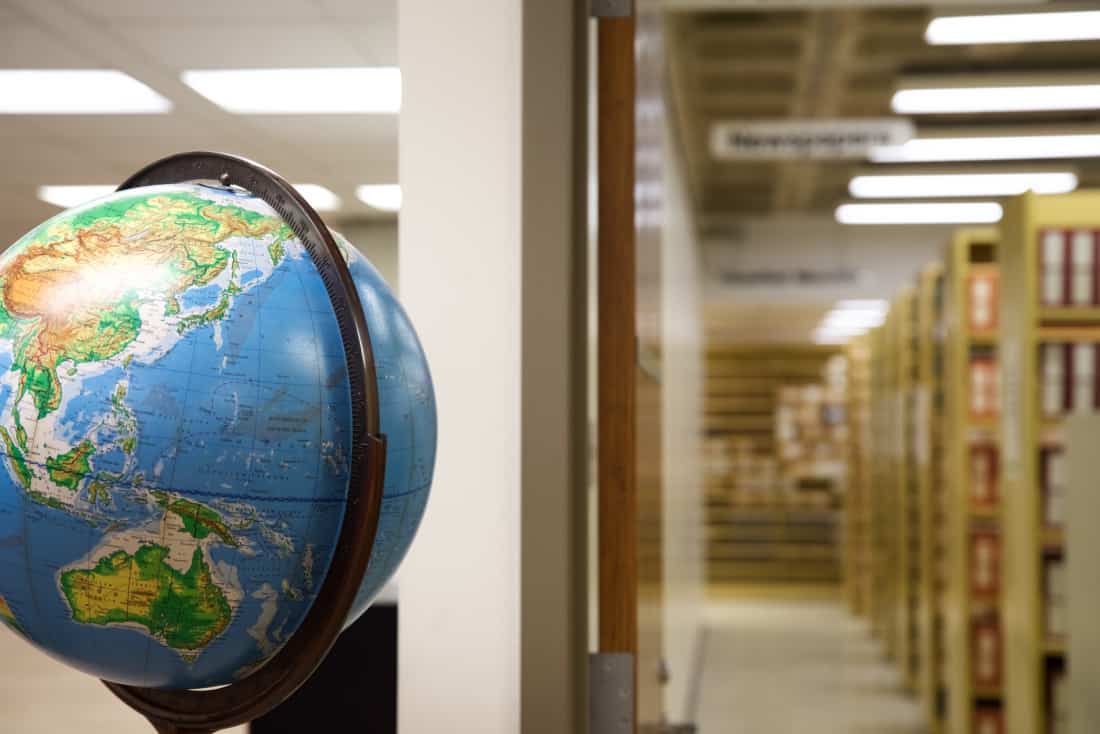
With a growing enrolment of international students, the University of Saskatchewan is prioritizing emergency housing funds for international students over first-night accommodations.
On Sept. 4, the U of S announced for the fifth consecutive year that student enrolment has increased, estimating it will exceed 26,000 students by April 2020. The report also celebrates the record-breaking numbers of international student enrolment rising by 5.5 per cent.
In the face of growing enrolment, the university looked at which services for international students need resources the most. Two key services offered by the International Student and Study Abroad Centre to assist newcomers are first-night accommodations and transportation services. Previously, students could have their first night’s accommodation paid in full by ISSAC but it was reduced to a partial subsidy in 2019. Now, students who apply to the program pay $50 for their first night at a local hotel.
Pirita Mattola, manager of ISSAC, described this change as being strategic. Mattola says the previous coverage of the first-night accommodation service was unsustainable and not what international students needed most.
“We really try to make sure that students get the best value and we support them in a way that we feel is meaningful for them in the long term and for their arrival,” Mattola said.
The U of S is one of the few institutions in Canada that offer services like this, according to Mattola. The first-night accommodation service is not in ISSAC’s operational budget, but rather part of a separate fund which also supports emergency housing for international students.
“One of the key things that I’ve discussed with the team this year is how do we ensure that students have access to the emergency housing fund all year round,” Mattola said. “Because this is one of the must have supports that we want to make sure that international students have.”
Alison Pickrell, assistant vice-provost of strategic enrolment, says the “carefully planned” growth of international enrolment closely aligns with the pillars of the U of S’s “International Blueprint for Action 2025” for diversifying the university community. The seven-year plan is a strategic document guiding the U of S’s internationalization of learning experiences and supports offered to international students.
Pickrell says that enrolment received an increased budget in 2017 for initiatives that aligned with the international blueprint. Their goal is to be strategic with the budget by looking at which services impact students the most and making adjustments based on feedback given by students on an annual basis.
“A big part of the additional funding we have received has really gone into enhancing our immigration advising support,” said Pickrell. “Since 2017, every year we’ve had a staff member get certified as a regulated international student immigration advisor, and we now have three of those.”
“We also work with a legal counsel who can support our students for free with more complicated immigration matters and have offered drop-in advising from Monday to Friday.”
To ease the move away from funding first-night accommodations, Mattola says her team has worked closely this year with the Residence Services Office this year. Because international students’ arrival periods can differ from domestic students, they have increasingly promoted how incoming students can apply for early or late arrival.
“We also increased our arrival support, offering late arrival orientations to those students who aren’t able to make it to our main welcome event,” Mattola said. “And we still offer free transportation to all new international students.”
—
Noah Callaghan/ Staff Writer
Photo: Victoria Becker/ Photo Editor